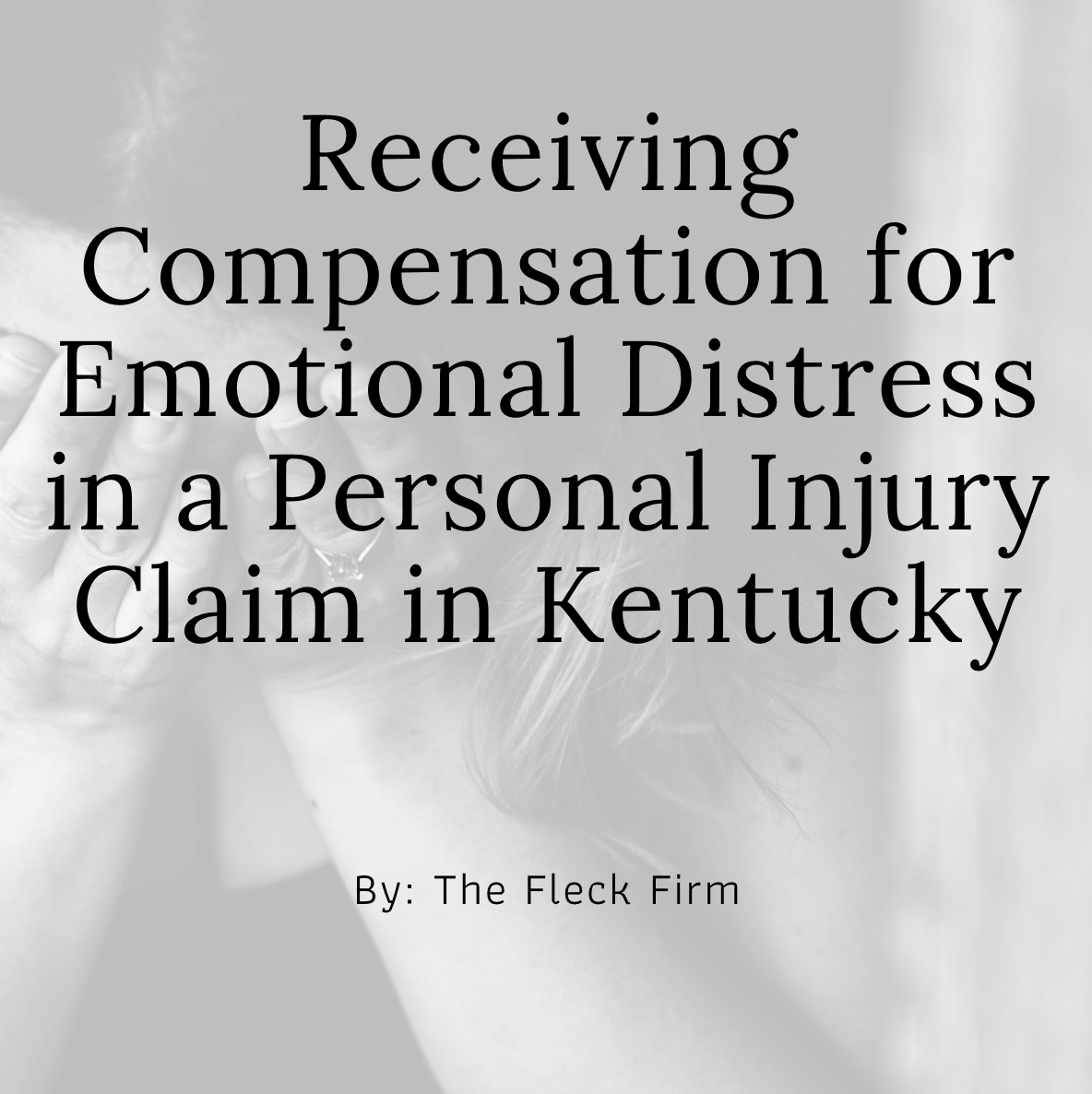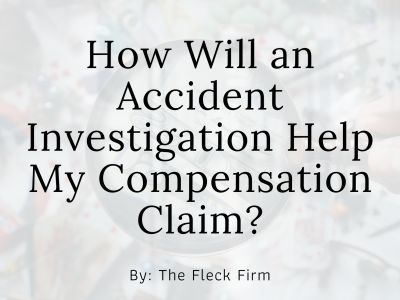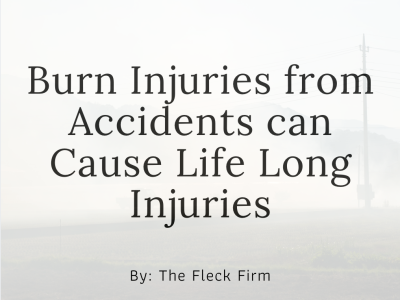Personal injuries like car wrecks, motorcycle accidents, and dog bites can cause emotional as well as physical harm. In fact, victims often receive compensation for their mental anguish as part of their personal injury settlements. Typically called emotional distress, this kind of harm is covered under pain and suffering damages. Unfortunately, though, it can be much more difficult to prove emotional harm than physical injuries.
What Is Emotional Distress?
Emotional distress can result in anxiety, depression, humiliation, insomnia or sleep loss, fear, guilt, shame, and the impairment of your ability to work. To receive compensation, you’ll need to prove that the emotional distress is severe enough to extensively interfere with your daily life or require treatment.
If you’ve also suffered physical injuries, you could find that it takes you longer to recover due to your mental state. Plus, you may experience physical side effects, such as changes in appetite, weight loss or weight gain, and fatigue. Some victims are unaware that their mental state is linked to the accident or that they’re even suffering emotional distress. This is particularly likely to be the case for victims who never seek help, perhaps due to concerns about being judged.
Other attorneys take contingent fees of 33% to 50% of your settlement.
We want you to keep more of your money.
Our contingent fee is only 30% on cases settled prior to filing suit.
The Impact Rule
In addition to those who were directly involved in an accident, people who witnessed someone being injured or killed, without being physically harmed themselves, can suffer emotional distress. However, many states have an impact rule, which means you’re only able to receive compensation if you were physically impacted by the accident. Kentucky also had this rule until 2012, but today you can bring a claim against the negligent party in your accident even when you have no physical injuries. This has opened the door to more people receiving compensation.
How to Seek Emotional Distress Damages
Since emotional distress is a non-economic damage, it can be challenging to prove you deserve compensation. Victims of extreme accidents are likely to receive compensation, whereas you’ll need to make a strong case if your accident was not obviously disturbing. All victims of accidents suffer some stress — you need to demonstrate that what you are suffering goes beyond stress and would be defined as distress. To improve your chances of compensation, whatever the circumstances of your accident, you should do the following.
Receive a Mental Health Diagnosis
It’s crucial to seek medical attention after any accident if there is any chance that you were injured, even when you have no immediate symptoms. This is because shock and other factors can mean your injuries may not become apparent until later. Receiving a diagnosis at a later date can make it more difficult to prove that your medical problems are connected to the accident.
In the case you suffered no physical injuries, it is still important to receive medical attention, as it will be difficult to prove severe emotional distress without a medical evaluation from a mental health provider. Your doctor can refer you to a psychologist or another mental health professional to provide you with a diagnosis.
Compile Your Official Documentation
You’ll also need to provide some other key documentation relating to your mental health. This includes anything that shows the services or care you’ve received, your medical records, and receipts of medication (over-the-counter and prescription) for coping with your symptoms. You should also request statements from any mental health professionals who treated you and other medical experts who can back up your claims.
Free Consultation
Contact us today for a free consultation to see how we can put our years of experience to work for you.
Record Your Emotional Distress Injuries
It’s also worth keeping a journal of how your emotional distress is affecting your life. Use this to document any time you’ve taken off work or other activities you had to miss due to emotional distress and compare your feelings now with how you were before the accident. Demonstrating a long history of emotional distress can make your case more compelling.
Submit Testimonies
Finally, you’ll need to provide testimonies that explain how the emotional distress of the accident has impacted you. You should submit your own testimony that explains your emotions and symptoms but also describes the severity of the accident. Your lawyer can advise you on who else should provide testimony — this could include family members, friends, coworkers, and others who have spent a large amount of time with you and have seen how you have changed since the accident.
What Determines Your Compensation?
There are no set standards for the amount victims receive in compensation for pain and suffering. Instead, decision makers determine what is a reasonable amount to award on a case by case basis. Some factors that may influence your settlement include whether you are deemed to be a credible witness, the clarity of your testimony, and the diagnosis you received from medical professionals. The good news is that most victims of a personal injury in Kentucky are successful at receiving compensation for their pain and suffering when their claims are genuine.
To see full compensation from your personal injury claim — including for emotional distress — it’s crucial that you work with an experienced personal injury attorney. At The Fleck Firm, we work with people who have suffered all types of personal injuries, from truck accidents and dog bites to injuries using defective products. Contact us for a free consultation to discuss your case.








